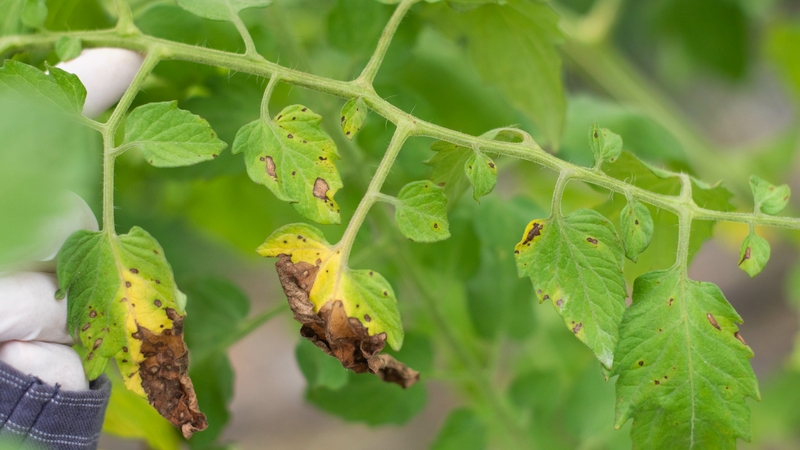Organic Food Sales Grow Past $60 Billion Mark in 2022
Organic food sales in the U.S. in 2022 broke through $60 billion for the first time, hitting another high-level mark for the resilient organic sector. Total organic sales – including organic non-food products, were a record $67.6 billion*, according to the 2023 Organic Industry Survey released by the Organic Trade Association.
The organic market grew despite challenging headwinds: inflation pressures tightening consumer wallets, supply chain disruptions caused by the pandemic and global political events, a proliferation of competing food labels in the grocery aisles and a labor shortage felt acutely by organic producers. Inflation heated up costs across the organic supply chain – indeed, the entire food supply chain — and boosted prices in the grocery aisles. As a result, the organic sector reflected the overall food sector, with the value of organic sales rising even as the growth in the volume of sales for some categories slipped.
The sector’s four-percent growth in sales value was nearly twice the pace of growth in 2021. Organic food sales totaled $61.7 billion, while the value of organic non-food sales hit nearly $6 billion. Certified Organic now accounts for 6% of total food sales in the U.S.
Organic produce, often the entry point for new organic buyers, easily held its position as the top seller of all organic categories. Sales of organic produce totaled $22 billion, accounting for 15% of all fruit and vegetable sales in this country.
Organic beverages were the second best-selling organic category, reporting $9 billion in sales in 2022, up 4%. Organic coffee maintained its position as the biggest-selling organic beverage, up almost 7% from the year before, with close to $2.3 billion in sales. Organic soft drinks and enhanced drinks broke through $500 million in sales at $503 million and saw robust growth of almost 14%.
RELATED CONTENT: How Organic Is the Vegetable Industry? Survey Results Tell the Tale
In the last ten years, organic sales have more than doubled as Americans are eating and using more organic products than ever before. Total organic sales broke through the $50 billion mark for the first time in 2018, and organic food sales hit $50 billion for the first time just a few years ago in 2019.
This year’s survey was conducted early in 2023 from January 13 through April 4 and was produced on behalf of the Organic Trade Association by Nutrition Business Journal. Numerous data sources were compiled to create as complete a picture as possible of the organic industry which consists largely of private companies. Inputs include but are not limited to point-of-sale data, expert interviews, annual report data, and in-depth direct survey data. About 100 companies completed a significant portion of the in-depth survey.
For more, continue reading at OTA.com.










